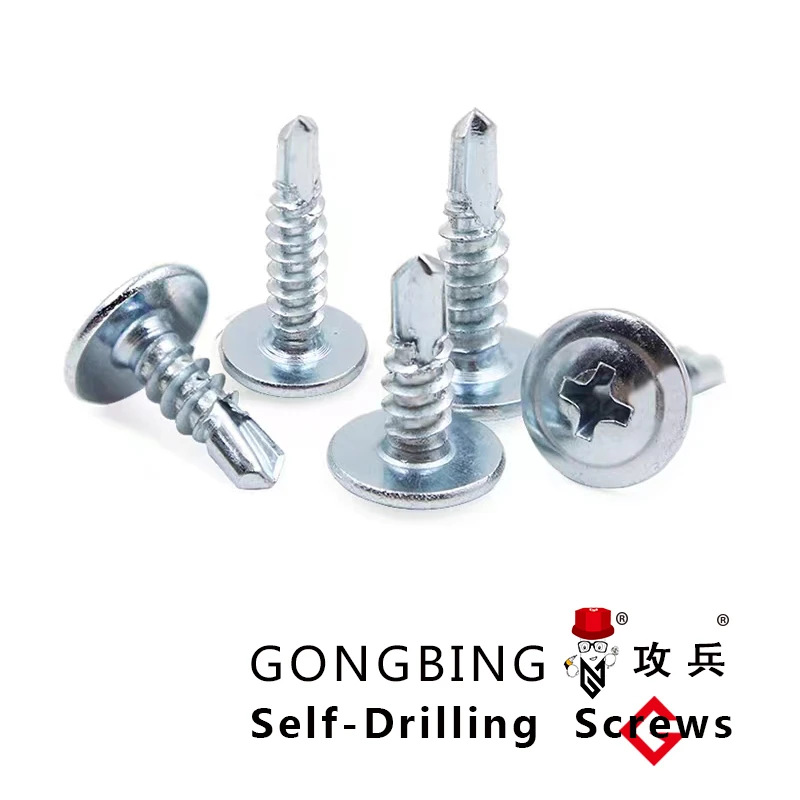Feb . 19, 2025 09:51
Back to list
Full Threaded Rod manufacturer
Threaded rod chemical anchors have emerged as a robust solution in the construction and engineering industries, gaining significant traction due to their adaptability and strength. These anchors provide a reliable method for affixing elements such as structural supports, railings, and heavy machinery, ensuring both safety and durability in various construction projects.
Real-world experiences have shown that when installed correctly, chemical anchors can significantly enhance the structural integrity of a project. For instance, they have been successfully employed in retrofit projects, where they help reinforce existing structures without extensive alterations. Moreover, these anchors are invaluable in seismic zones, providing additional support and resilience against earthquakes. When considering the implementation of threaded rod chemical anchors, understanding the substrate material is crucial. Concrete, being the most common substrate, often requires careful evaluation to ensure that the anchor will perform as expected. Factors such as the age of the concrete, its moisture content, and any existing damage can affect the anchor's performance. Another consideration is the curing time of the resin. Contractors need to factor in environmental conditions such as temperature and humidity, which can influence the chemical reaction process. Cold conditions might slow down the curing time, while warm conditions could accelerate it, affecting the scheduling of construction activities. For businesses looking to implement these solutions, sourcing from reputable manufacturers is important. Companies like Hilti, Fischer, and Simpson Strong-Tie have established themselves as leaders in this field, offering products that undergo stringent testing to ensure compliance with international standards. In conclusion, threaded rod chemical anchors offer a highly effective and versatile solution for construction projects that demand reliability and strength. Their ability to adapt to different substrates and conditions, coupled with their industry endorsements, makes them a preferred choice for professionals seeking to ensure safety and durability in their projects. By paying attention to the details of installation and product selection, construction firms can leverage the benefits of these anchors to achieve optimal results.


Real-world experiences have shown that when installed correctly, chemical anchors can significantly enhance the structural integrity of a project. For instance, they have been successfully employed in retrofit projects, where they help reinforce existing structures without extensive alterations. Moreover, these anchors are invaluable in seismic zones, providing additional support and resilience against earthquakes. When considering the implementation of threaded rod chemical anchors, understanding the substrate material is crucial. Concrete, being the most common substrate, often requires careful evaluation to ensure that the anchor will perform as expected. Factors such as the age of the concrete, its moisture content, and any existing damage can affect the anchor's performance. Another consideration is the curing time of the resin. Contractors need to factor in environmental conditions such as temperature and humidity, which can influence the chemical reaction process. Cold conditions might slow down the curing time, while warm conditions could accelerate it, affecting the scheduling of construction activities. For businesses looking to implement these solutions, sourcing from reputable manufacturers is important. Companies like Hilti, Fischer, and Simpson Strong-Tie have established themselves as leaders in this field, offering products that undergo stringent testing to ensure compliance with international standards. In conclusion, threaded rod chemical anchors offer a highly effective and versatile solution for construction projects that demand reliability and strength. Their ability to adapt to different substrates and conditions, coupled with their industry endorsements, makes them a preferred choice for professionals seeking to ensure safety and durability in their projects. By paying attention to the details of installation and product selection, construction firms can leverage the benefits of these anchors to achieve optimal results.
Latest news
-
Weatherproof Plastic Expansion Anchors for OutdoorNewsJun.06,2025
-
Sustainability in the Supply Chain: Eco-Friendly TEK Screws ProductionNewsJun.06,2025
-
Load-Bearing Capacity of External Insulation FixingsNewsJun.06,2025
-
Double Head Bolts: Enhancing Efficiency in Industrial MachineryNewsJun.06,2025
-
Corrosion Resistance in Chipboard Screws: Coatings for Wholesale DurabilityNewsJun.06,2025
-
Butterfly Toggle Bolts : Enhancing Structural ResilienceNewsJun.06,2025
